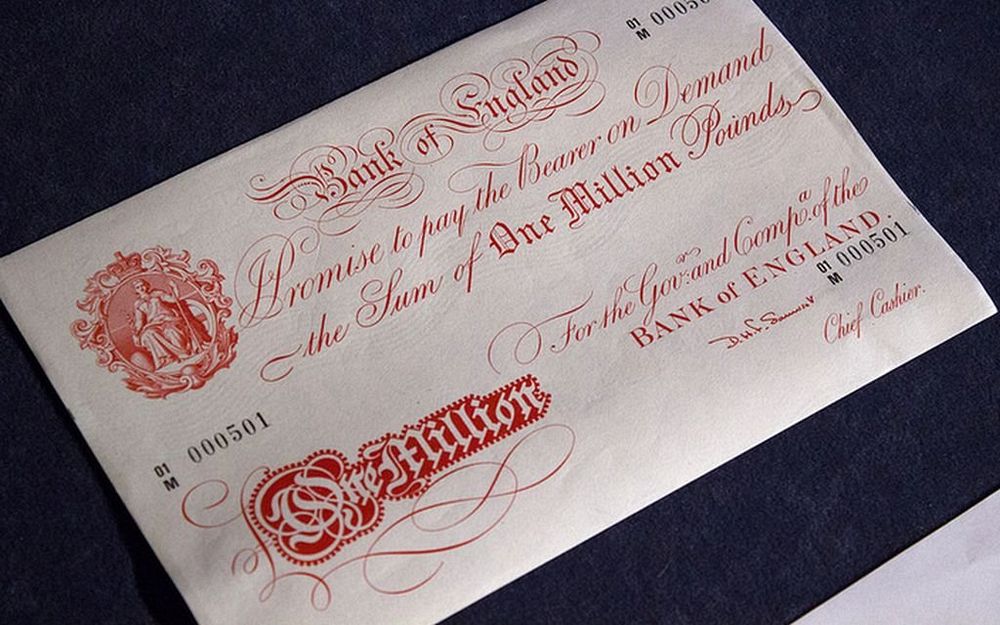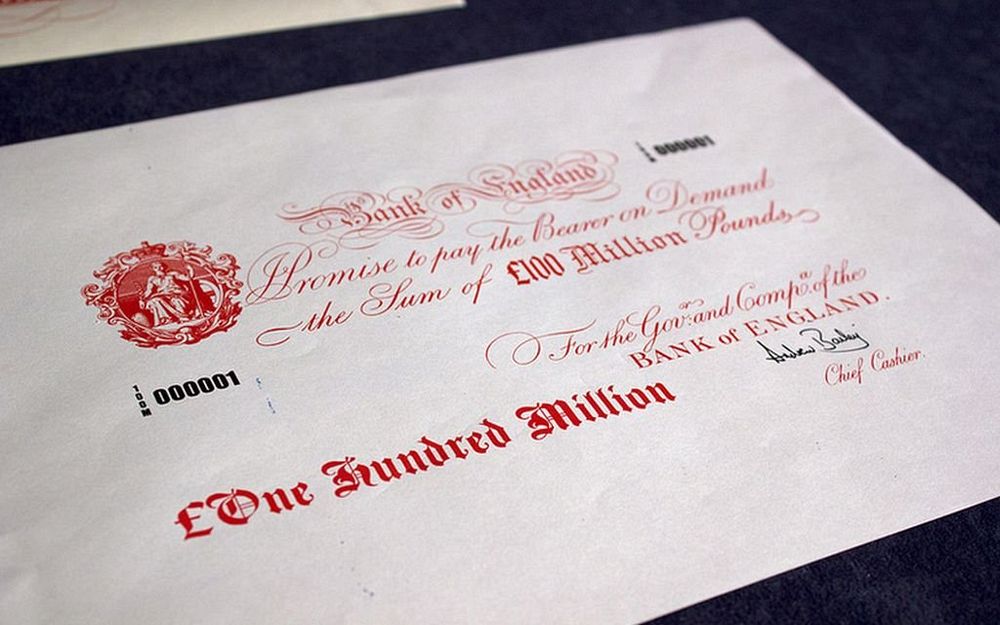Scottish banknotes are weird. Although they are used all over Scotland and the rest of the UK, they are not legal tender, which means a shopkeeper can refuse to accept them and you can do nothing about it.
Three Scottish banks are authorized to print bank notes in Scotland, yet none of them are central banks. This power to print banknotes was vested upon the private banks by the Bank Notes (Scotland) Act 1845, under the condition that the issuing banks deposit an equivalent sum in pound sterling or gold with the Bank of England. This backing by the Bank of England is intended to maintain public confidence in the value the notes represent. The idea is that if one of the Scottish banks close, and all banknotes issued by the bank become worthless, the notes from the defunct bank could be replaced with regular Bank of England issued cash.

A collection of different 10 Pounds Sterling banknotes issued by Scottish Banks. Image credit: Henning Marquardt/Shutterstock.com
The same applies to Northern Ireland banknotes. Four commercial banks in Northern Ireland are allowed to print banknotes, but they have to deposit the equivalent in pound sterling with the Bank of England.
The legislation stands on solid ground, but for one logistical caveat—how does a bank store billions of banknotes, one for every Scottish and Irish banknote in circulation, without overflowing its limited vault space? The solution is simple—print a limited amount of very high denomination banknotes to consolidate the sum into as few cash as possible.
In 1908, the Bank of England printed its first one million pound banknote, nicknamed the Giant. This was followed by the first Titan—a hundred million pound banknote. They are printed on different material to normal notes, and in larger paper sizes. The Titans are printed on A4-sized paper and Giants on the smaller A5. The Bank of England prints them internally, and then locks them away carefully. They are not for circulation. According to the BBC, over the past hundred years, the Bank of England has printed more than four thousand Giants and Titans with a total value of eight billion pounds.


No comments:
Post a Comment